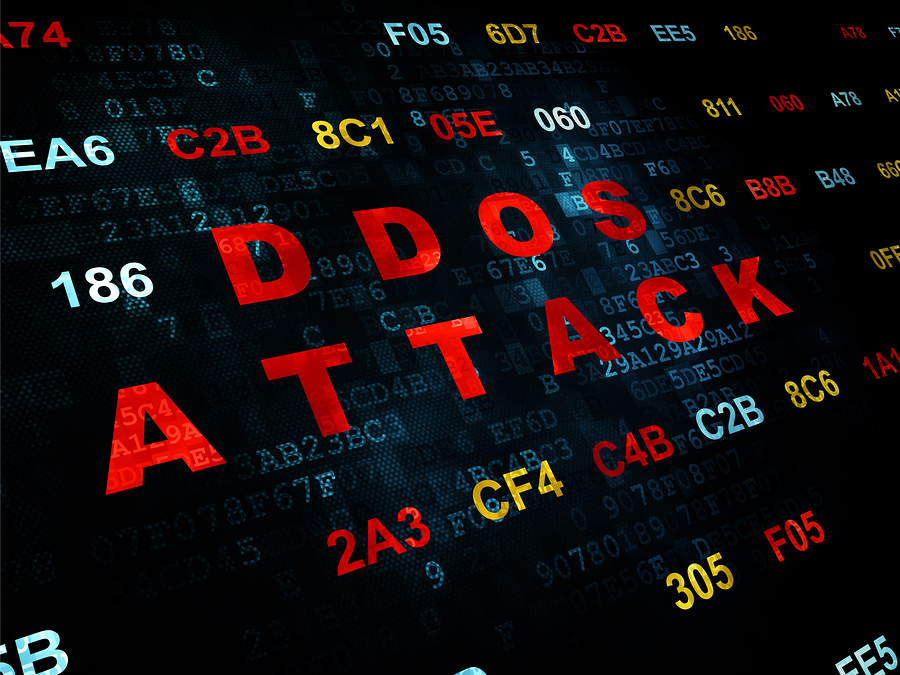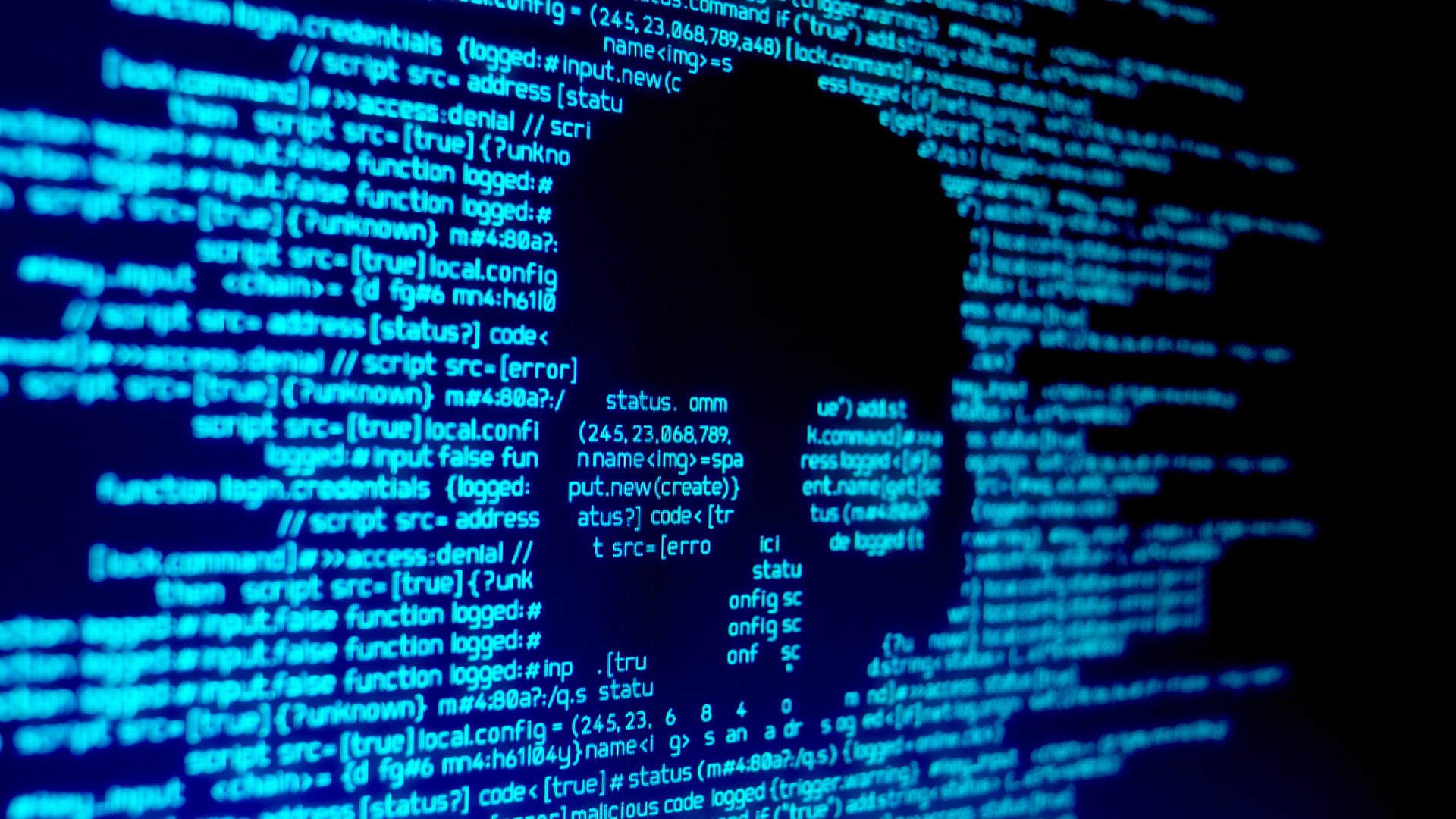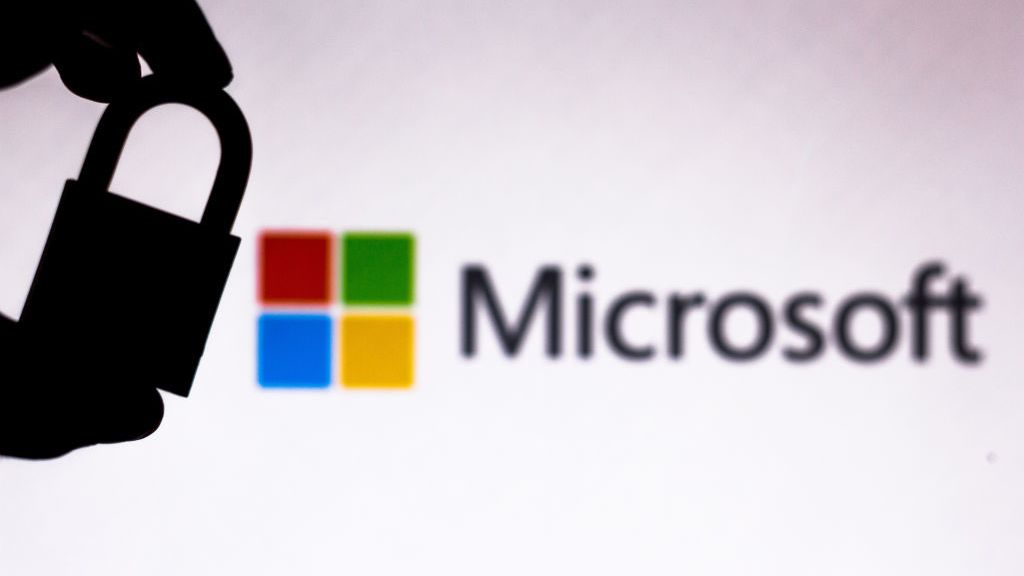US college hit by 54-hour Mirai DDoS attack
New Mirai variant unleashed a 30,000 RPS storm higher education institution


Sign up today and you will receive a free copy of our Future Focus 2025 report - the leading guidance on AI, cybersecurity and other IT challenges as per 700+ senior executives
You are now subscribed
Your newsletter sign-up was successful
A university in the US was hit by a 54-hour, non-stop DDoS attack at the end of last month, apparently caused by a Mirai-powered botnet.
News of the attack comes from data and application security firm Imperva, which counts the targeted college as a customer. According to a blog post by Dima Bekerman, a security researcher at Imperva, the attack started in the early hours of the morning on 28 February, with the average traffic flow clocking in at over 30,000 requests per second (RPS), although a peak of about 37,000 RPS was seen. Over the course of the attack, more than 2.8 billion requests were generated.
"Based on a number of signature factors, including header order, header values and traffic sources, our client classification system immediately identified that the attack emerged from a Mirai-powered botnet," said Bekerman.
"Our research showed that the pool of attacking devices included those commonly used by Mirai, including CCTV cameras, DVRs and routers. While we don't know for sure, open telnet (23) ports and TR-069 (7547) ports on these devices might indicate that they were exploited by known vulnerabilities."
Upon further investigation, Bekerman and his colleagues found 56% of the IPs used in the attack belonged to DVRs manufactured by a single vendor, which has now been contacted by Imperva.
Neither the name of the college involved, nor the DVR maker have been revealed.
Bekerman said there are several things that set this attack apart from others using Mirai.
Sign up today and you will receive a free copy of our Future Focus 2025 report - the leading guidance on AI, cybersecurity and other IT challenges as per 700+ senior executives
The first is that the DDoS bots used in the attack "were hiding behind different user-agents than the five hardcoded in the default Mirai version".
"This and the size of the attack itself led us to believe that we might be dealing with a new variant, which was modified to launch more elaborate application layer attacks," said Bekerman.
The second is the sheer length of the onslaught.
"With over 90% of all application layer assaults lasting under six hours, an attack of this duration stands in a league of its own," he said.

Jane McCallion is Managing Editor of ITPro and ChannelPro, specializing in data centers, enterprise IT infrastructure, and cybersecurity. Before becoming Managing Editor, she held the role of Deputy Editor and, prior to that, Features Editor, managing a pool of freelance and internal writers, while continuing to specialize in enterprise IT infrastructure, and business strategy.
Prior to joining ITPro, Jane was a freelance business journalist writing as both Jane McCallion and Jane Bordenave for titles such as European CEO, World Finance, and Business Excellence Magazine.
-
 ITPro Best of Show NAB 2026 awards now open for entries
ITPro Best of Show NAB 2026 awards now open for entriesThe awards are a fantastic opportunity for companies to stand out at one of the industry's most attended shows
-
 Mistral CEO Arthur Mensch thinks 50% of SaaS solutions could be supplanted by AI
Mistral CEO Arthur Mensch thinks 50% of SaaS solutions could be supplanted by AINews Mensch’s comments come amidst rising concerns about the impact of AI on traditional software
-
 Europol hails triple takedown with Rhadamanthys, VenomRAT, and Elysium sting operations
Europol hails triple takedown with Rhadamanthys, VenomRAT, and Elysium sting operationsNews The Rhadamanthys infostealer operation is one of the latest victims of Europol's Operation Endgame, with more than a thousand servers taken down
-
 Seized database helps Europol snare botnet customers in ‘Operation Endgame’ follow-up sting
Seized database helps Europol snare botnet customers in ‘Operation Endgame’ follow-up stingNews Europol has detained several people believed to be involved in a botnet operation as part of a follow-up to a major takedown last year.
-
 Horabot campaign targeted businesses for more than two years before finally being discovered
Horabot campaign targeted businesses for more than two years before finally being discoveredNews The newly-discovered Horabot botnet has attacked companies in the accounting, investment, and construction sectors in particular
-
 UK crime fighters wrangle “several thousand” potential cyber criminals in DDoS-for-hire honeypot
UK crime fighters wrangle “several thousand” potential cyber criminals in DDoS-for-hire honeypotNews The sting follows a recent crackdown on DDoS-for-hire services globally
-
 Brand-new Emotet campaign socially engineers its way from detection
Brand-new Emotet campaign socially engineers its way from detectionNews This latest resurgence follows a three-month hiatus and tricks users into re-enabling dangerous VBA macros
-
 US begins seizure of 48 DDoS-for-hire services following global investigation
US begins seizure of 48 DDoS-for-hire services following global investigationNews Six people have been arrested who allegedly oversaw computer attacks launched using booters
-
 Microsoft says “it’s just too difficult” to effectively disrupt ransomware
Microsoft says “it’s just too difficult” to effectively disrupt ransomwareNews The company details its new approach to combatting cyber crime as the underground industry drains $6 trillion from the global economy
-
 Will triple extortion ransomware truly take off?
Will triple extortion ransomware truly take off?In-depth Operators are now launching attacks with three extortion layers, but there are limitations to this model